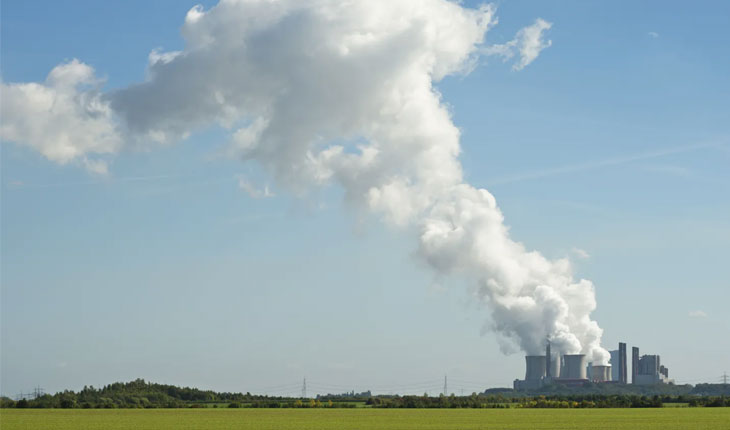The Role of Befriending Corporates in Climate Change Solutions
By Senashia Ekanayake
#ClimateChange decision-making can be manoeuvred by policymakers no doubt, however, in a world where everything and all disciplines becomes linked to one another, it is not only important, but also imperative that all stakeholders are brought in to and made a part of this decision-making process.
Simultaneously though, it is important that we realise these decision-making process should not only be limited those achieved inside boardrooms or exclusive conference halls. While it might be practically impossible or improbable even to pay attention to and incorporate all opinions, it is important to work around what is believed to be a general consensus. Because, combatting climate change is not only about reduced emission levels but also in the longer run, a #SustainableFuture for generations to come.
As a climate change activist and communicator on climate change, I strongly believe in the cause of incorporating corporates in the said decision-making process and for this to go beyond the traditional boardroom set up. If we are to create a visible impact in the world out there, we need to go out there, step into the field and get our hands dirty.
It sounds hypocritical for an employee of the development world to support the capitalism, however, climate change has not only made it vital for all parties to act together, but also act soon. The development world needs to understand the perspective that corporates are looking at climate change and find a manner in which this can be worked around so that it positively impacts all stakeholders in the process.
You see, climate change is not only going to cause extreme weather events, but from a company perspective: a tornado in their annual numbers as well. Adapting to climate change is essential for businesses to keep overhead costs at bay, maintain product price stability, lessen possible financial risks and of course gain the trust of the consumer that has a direct and positive impact to their behaviour.
#Sustainability is the theme of the present and will be for many of the generations to come and this comes with sustainable practice in the everyday activities. Some corporates call this “CSR” (Corporate Social Responsibility). However, companies’ #CSR activities are not just limited to “acts” of social responsibility, but also to the measures they take in house to keep their carbon footprint low.
In Sri Lanka, MAS Intimates Thurulie is not only a wonderful example of sustainable construction but also of policy in practice. It is also an ideal example of taking the boardroom conversation beyond by sending out activists and policymakers from the development world to see the practice at play. Whereas in India has the Tata Group that not only has a dedicated sustainability group but also has a specific steering committee dedicated to climate change besides its regular CSR practices.
This would obviously be one of the first steps in better nurturing relations with the corporates, but its important for us to provide a space for the discussion of the role of businesses and the positive practices they too have implemented towards mitigating and adapting to climate change. In order for good practice to continue, good behaviour should be rewarded, even if this means including them in more local level conversations by providing them with a chance to present a company success story of sustainability practices.
While the development and non-governmental sectors is key to influencing governments and state policymakers in implementing policy changes, it is important that we realise that it’s not a battle that can be fought alone.
Reference:
http://time.com/4045572/big-business-climate-change/
http://www.tata.com/sustainability/articlesinside/Addressing-climate-change
http://www.qscience.com/doi/pdfplus/10.5339/gse-collection.cop18.10
http://www.sundaytimes.lk/100314/BusinessTimes/bt32.html
#ClimateChange #CSR #Sustainability #SustainableFuture





